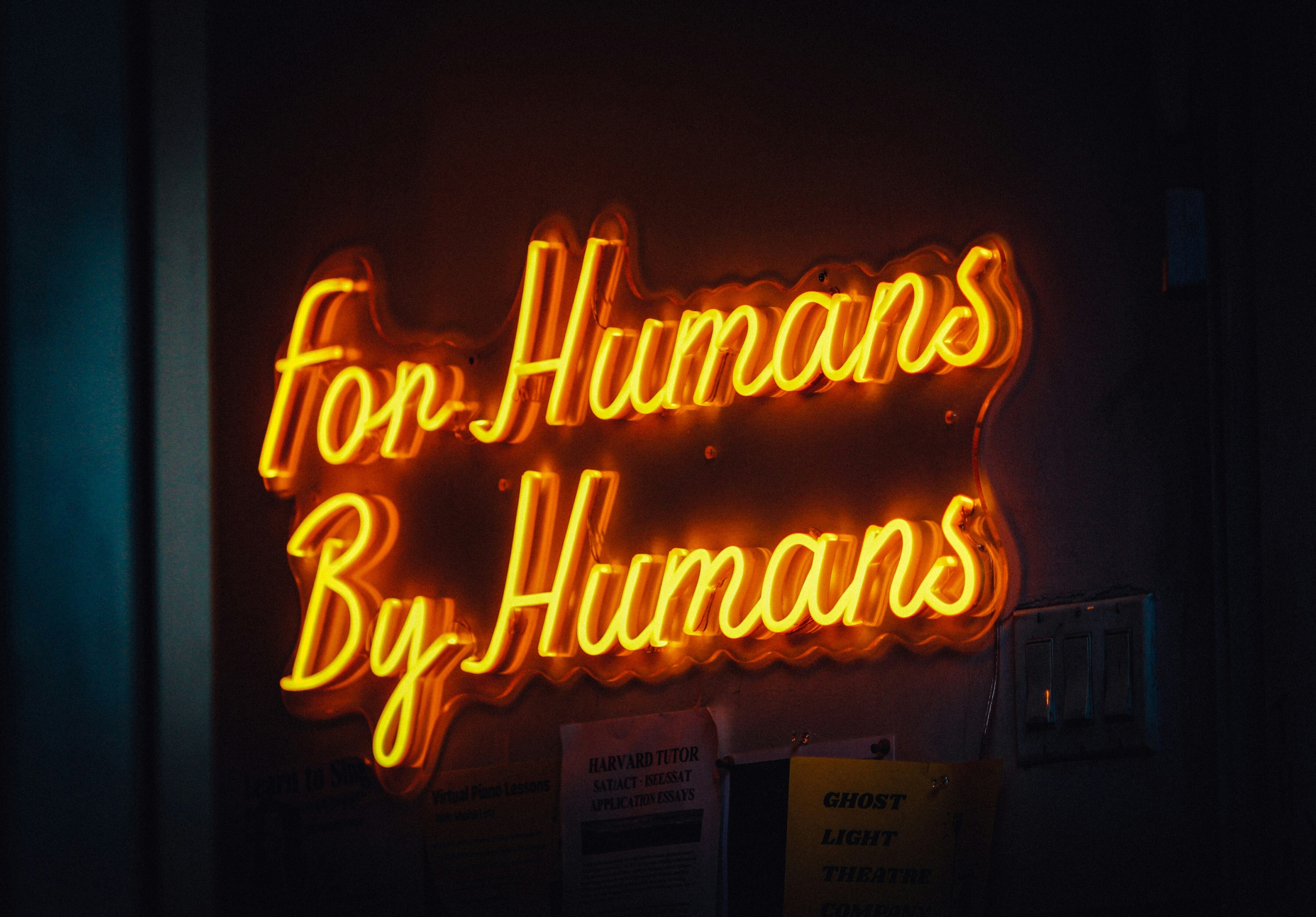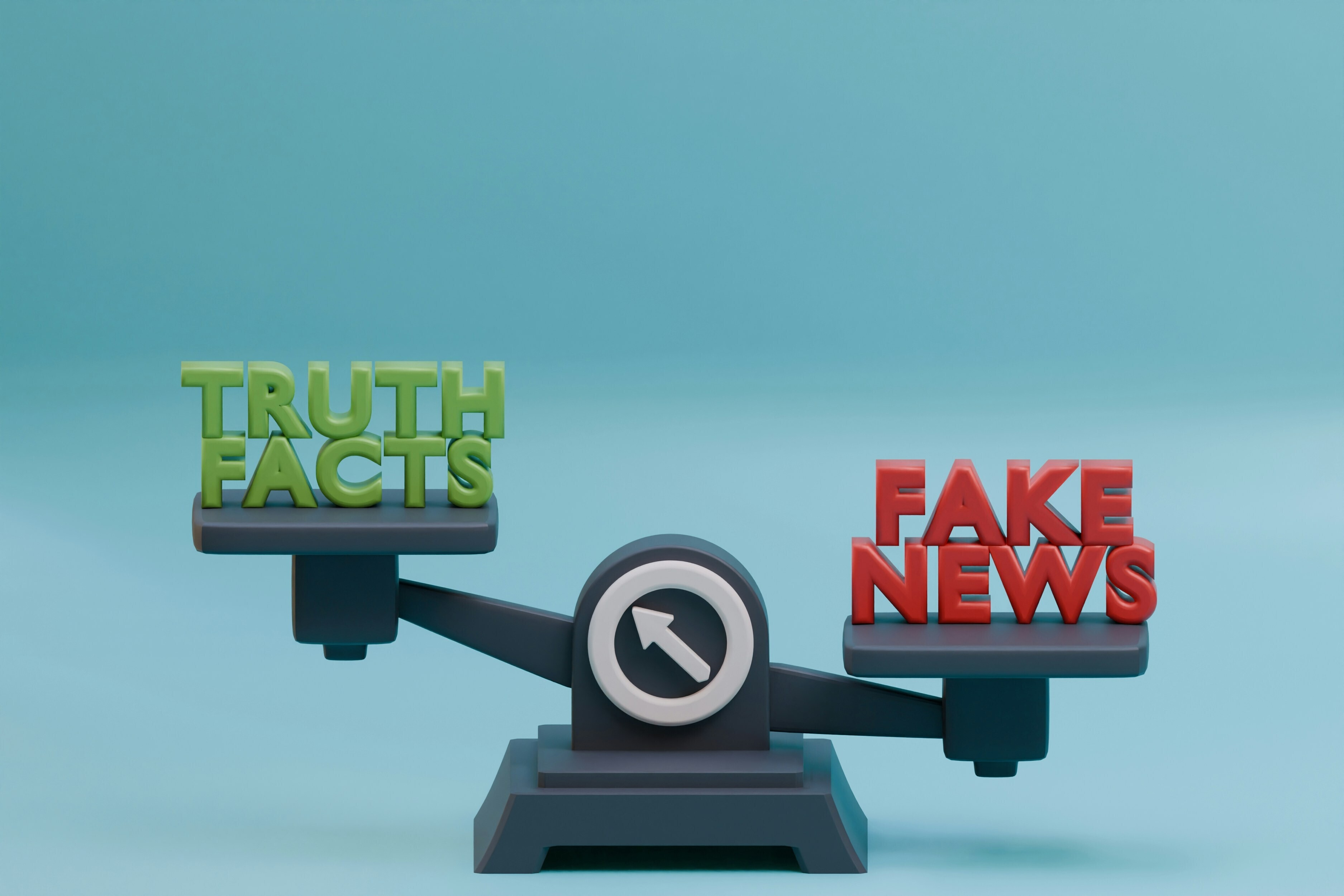We cannot improve the world from the top down

Stay up to date:
Hyperconnectivity
The World Economic Forum is dedicated to improving the world. We cannot improve our world top down. Our New Social Covenant has potential for realizing this.
Its itemized list calls for the re-arrangement of desires. For it begins with “agreement on basic, universal ethical values” and continues with “the promotion of human well-being, happiness, flourishing and equality of freedom to live a valued life,” although it also imposes practical tasks. These last are directed towards corporate and nation state policy makers and may be done by other methods, but even here the desires at the top must be generally changed so that the prime emphasis changes in turn from sustaining economic development. And the broad ones – the philosophical ones – definitely require going beyond usual knowledge management techniques. Perhaps we should have separated them into two different categories. One talking the talk (basic human values), the other walking the walk (‘good’ jobs for non-graduates; strong technical education opportunities; apprentice schemes, a pro-active tax and incentive system and 21st century industrial strategy). One cannot walk the walk by merely agreeing to do so. It is a collective decision, not merely something enforced from the top. You have to learn the habit of thinking about other people as equal though not same, exactly the situation between the reading pupil and the one who produced the literary work.
Let me explain this last statement. I am a teacher of literature as well as a member of the Council on Values, so perhaps I emphasize literary reading too much. But I have also given time and skill (not just money and site visits) for 30 years, training teachers and children at six small elementary schools established by me among the landless illiterate Dalits in western West Bengal. So, however impractical I may seem, hear me out.
Normally our desire is to do things ourselves or for ourselves. In good literary teaching, the student is taught carefully to hang out in the space of the other, to understand what the author confronts. This is the secret of the ethical and the democratic. One has to stay with it, not follow easy steps so that one can say “I have helped you”. We at the Council have begun with one teaching module, and I hope we will proceed to many others. The long-term implementation of our covenant’s values, in addition to persuading CEOs and heads of state, calls for the teaching of the humanities at all levels in all places so that the desire for social justice (spelled out in the various items of the covenants) can inhabit the soul long-term, and not be evaluated by checking statistically how each item on a list is institutionally fulfilled. Huge and detailed country-by-country statistical tables are no doubt useful, but in terms of sustaining an improved world, we have to look at the fact that nations are not monolithic abstract averages, and that evaluations are remote fact-gathering that often do not reflect everyday reality.
With respect, religion (when mobilized for good) also opens itself up to producing the opposite. It encourages a sort of belief that often leads to the expectation of results by following a kind of spiritual toolkit. We teachers of the humanities – literature and philosophy – at our best train the imagination into knowing ourselves differently, and knowing the world differently, so that we want to do the good things contained in the covenant.
Today the emphasis in education is on acquiring digital speed. In order to be able to use the digital for social justice, the soul has to be trained slowly, and that is where literary training as I have described it comes into play. Recently, at the celebration of the Nigerian writer Chinua Achebe‘s life, the positive effect of his literary writings was repeatedly emphasized. With my experience of work in Africa, I was obliged to say that, below a certain class line, Nigerians had no idea who he was and what he wrote. The task therefore was to expand the circle of Nigerians who could not only read, but also learn from the literary – just as we would say that, to meet the covenant’s work, we must attempt to expand the circle of people for whom working the covenant is meaningful.
“Why is there such an upsurge of interest in knowledge?” asks Laurence Prusak, editor of Knowledge in Organizations. Such a question ignores the plain fact that the word “knowledge” has changed since the pre-Socratics. There was of course no English at that time. And if we are thinking about the world, we must – absolutely – remember the many languages that make meaning for its peoples. As a doctor working in Kenya (who refuses to be a top-down health worker) remarked: “The people will understand Swahili, but you can’t speak to their heart unless you speak their language – ‘I’m getting what you’re saying, but I’m not taking it in’.”
That is a basic human value: talking to the heart. If you think it is inconvenient (as indeed it is) don’t dream of improving the world. Our New Social Covenant, at least in the ethical rather than the merely responsible sections, understands that real knowledge depends on cooking the soul with slow learning, not the instant soup of a one-size-fits-all toolkit. The world is not populated by humanoid drones. You cannot produce a toolkit for “a moral metric”, or if you do, you will be disappointed.
Author: Gayatri Chakravorty Spivak is a professor at Columbia University.
Image: Students attend a lesson at a public school in Gudele, on the outskirts of South Sudan’s capital Juba, April 8, 2013. REUTERS/Andreea Campeanu
Don't miss any update on this topic
Create a free account and access your personalized content collection with our latest publications and analyses.
License and Republishing
World Economic Forum articles may be republished in accordance with the Creative Commons Attribution-NonCommercial-NoDerivatives 4.0 International Public License, and in accordance with our Terms of Use.
The views expressed in this article are those of the author alone and not the World Economic Forum.
Forum Stories newsletter
Bringing you weekly curated insights and analysis on the global issues that matter.
More on Education and SkillsSee all
Rawan bint Najeeb Tawfeeqi
August 11, 2025
Neeti Mehta Shukla
August 1, 2025
Naoko Tochibayashi
July 30, 2025
Lisa Bechtold
July 29, 2025
Veronica Frisancho
July 22, 2025
Sasha Havlicek and Daniel Dobrygowski
July 21, 2025





